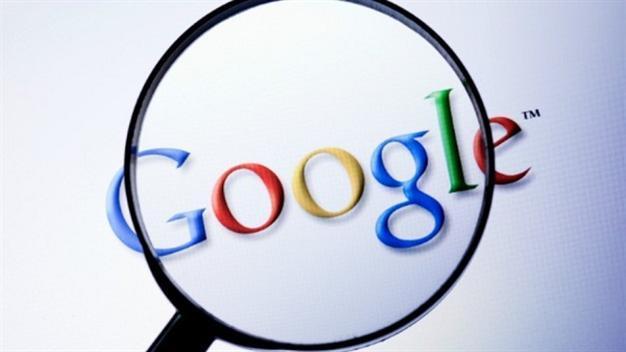Google search engine threatened with Turkish ban
 A court has threatened to block Google in Turkey, if the world's most popular search engine does not comply with its ruling against the publication of images showing a prosecutor who was killed during a hostage crisis in Istanbul.
A court has threatened to block Google in Turkey, if the world's most popular search engine does not comply with its ruling against the publication of images showing a prosecutor who was killed during a hostage crisis in Istanbul.A Turkish official told daily Hürriyet April 7 that Google had removed the images which the court deemed illegal, following similar action by YouTube.
Despite the statement, the photos showing the prosecutor as a hostage were still listed on the first page of Google search results as of noon on April 7.
Istanbul’s 1st Criminal Court of Peace notified Turkey's Internet Service Providers Union (ESB) late April 6, ordering the body to block access to Google's search engine and its video platform, YouTube, if they continue to link to or directly host images of slain prosecutor Mehmet Selim Kiraz.
Two militants with alleged links to the outlawed far-left Revolutionary People’s Liberation Party-Front (DHKP-C) took Kiraz, the prosecutor in the controversial case of the killing of Gezi victim Berkin Elvan, hostage in Istanbul's Çağlayan Courthouse on March 31. He succumbed to his injuries in hospital after the eight-hour hostage drama, during which security forces killed the two captors.
Earlier on April 6, the same court had blocked access to Facebook, Twitter and YouTube until all complied with the ruling and removed the images, which it described as "illegal content." Although Facebook rapidly complied, YouTube remained blocked in Turkey for as long as eight hours.
The court's second warning to YouTube, and the first one for Google's search engine, argued that the ban is needed, if the "illegal content" is not removed, "to preserve national security and public order, to stop crimes and to prevent citizens being victimized and harmed, while protecting their rights and freedoms."
"I am going to sleep. For those who know me, these words are enough to understand at what point we came on the issue of Google being shut down tonight or not," Gönenç Gürkaynak, Google's lawyer in Turkey, said in a tweet minutes before the four-hour deadline of the court passed at 1.30 a.m., April 7, apparently implying that the search giant reached an agreement with Turkish officials, at least temporarily.
Soon after the deadline passed, a number of news websites regarded as close to government sources claimed that Google removed the content addressed in the court ruling, rendering a possible ban unnecessary.
















